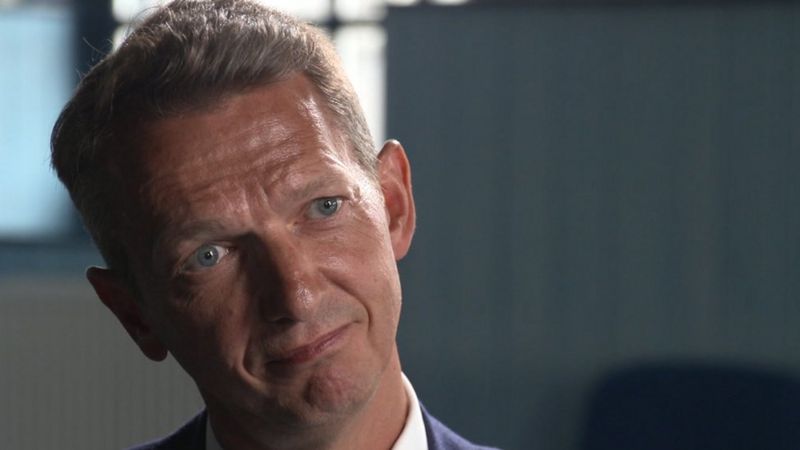The BBC are posting some proper drivel today in their Business section. The BoE talking about creativity, the human mind and dark tunnels.. seriously ??
Andy Haldane is the happy, optimistic and rather bullish chap who claimed we were already enjoying a V-shaped recovery early in the summer.
Well that mood has waned now and he seems very sad and lonely from WFH, and wants to tell us all about how he 'feels' about it.
Home working reduces creative thought, says Bank economist

I do wonder if they're talking about a speech, or whether he was actually lying on a couch talking to his therapist ?
I'm quite worried about him actually, because now hes talking about his 'Dark Tunnels'.
Thats dark man.. so dark.
Andy Haldane is the happy, optimistic and rather bullish chap who claimed we were already enjoying a V-shaped recovery early in the summer.
Well that mood has waned now and he seems very sad and lonely from WFH, and wants to tell us all about how he 'feels' about it.
Home working reduces creative thought, says Bank economist

I do wonder if they're talking about a speech, or whether he was actually lying on a couch talking to his therapist ?
Andy Haldane said in a speech that the pandemic had "reshaped our working lives, our economic contributions and our well-being", but it was unclear whether this change was for the better.
Home working had probably reduced his capacity for creative thought, he said.
Informal chats at work were often more useful than formal meetings, he added.
"If you asked me if I am happier working from home, I genuinely would not know. I do not miss the commute," Mr Haldane said, in a speech he gave online to the Engaging Business Summit.
"But I feel acutely the loss of working relationships and external stimuli - the chance conversations, listening to very different people with very different lived experiences, the exposure to new ideas and experiences.
"These losses will grow with time. At some point, they will offset the benefits of avoiding South West Trains."
Mr Haldane said lack of face-to-face contact with colleagues and others meant "social capital" was being lost or depleted, while "creative sparks" were being "dampened".
"These are real costs and costs which would be expected to grow, silently but steadily, over time. They weigh on the other side of the ledger when it comes to assessing the case for home working.
"They cast doubt on whether it will lead to the promised land of improved productivity and greater happiness," he said.
Home working had probably reduced his capacity for creative thought, he said.
Informal chats at work were often more useful than formal meetings, he added.
"If you asked me if I am happier working from home, I genuinely would not know. I do not miss the commute," Mr Haldane said, in a speech he gave online to the Engaging Business Summit.
"But I feel acutely the loss of working relationships and external stimuli - the chance conversations, listening to very different people with very different lived experiences, the exposure to new ideas and experiences.
"These losses will grow with time. At some point, they will offset the benefits of avoiding South West Trains."
Mr Haldane said lack of face-to-face contact with colleagues and others meant "social capital" was being lost or depleted, while "creative sparks" were being "dampened".
"These are real costs and costs which would be expected to grow, silently but steadily, over time. They weigh on the other side of the ledger when it comes to assessing the case for home working.
"They cast doubt on whether it will lead to the promised land of improved productivity and greater happiness," he said.
Dark tunnel
Mr Haldane said creativity was important because it fostered innovation, which in turn fuelled economic growth.
He said an absence of distraction and noise, made easier for some people by home working, favoured "cognitive tunnelling" - a state of mind in which the brain focuses on one thing to the exclusion of all else.
But he added: "Home working means serendipity is supplanted by scheduling, face-to-face by Zoom-to-Zoom. What creativity is gained in improved tunnelling is lost in the darkness of the tunnel itself.
Mr Haldane said creativity was important because it fostered innovation, which in turn fuelled economic growth.
He said an absence of distraction and noise, made easier for some people by home working, favoured "cognitive tunnelling" - a state of mind in which the brain focuses on one thing to the exclusion of all else.
But he added: "Home working means serendipity is supplanted by scheduling, face-to-face by Zoom-to-Zoom. What creativity is gained in improved tunnelling is lost in the darkness of the tunnel itself.






Comment